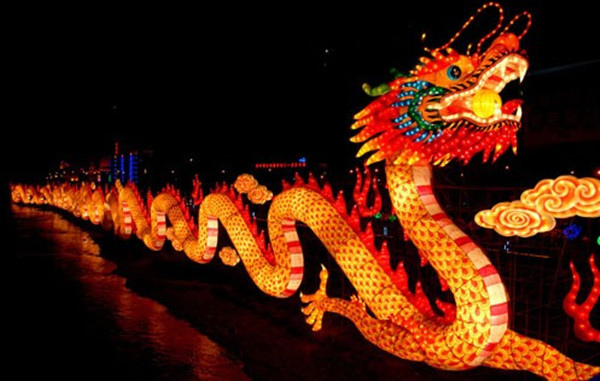Sinosphere
 The Sinosphere, also known as the Chinese cultural sphere, East Asian cultural sphere, or the Sinic world, encompasses multiple countries in East Asia and Southeast Asia that were historically heavily influenced by Chinese culture. The Sinosphere comprises Greater China, Japan, Korea, Vietnam and historically the Ryukyuans. Other definitions may include the regions of modern-day Mongolia and Singapore, due either to historical Chinese influence or a contemporary overseas Chinese population. The Sinosphere is different from the Sinophone world, which indicates regions where the Chinese language is spoken.
The Sinosphere, also known as the Chinese cultural sphere, East Asian cultural sphere, or the Sinic world, encompasses multiple countries in East Asia and Southeast Asia that were historically heavily influenced by Chinese culture. The Sinosphere comprises Greater China, Japan, Korea, Vietnam and historically the Ryukyuans. Other definitions may include the regions of modern-day Mongolia and Singapore, due either to historical Chinese influence or a contemporary overseas Chinese population. The Sinosphere is different from the Sinophone world, which indicates regions where the Chinese language is spoken.Imperial China was a major regional power in Eastern Asia and exerted influence on tributary states and neighboring states, including Japan, Korea, and Vietnam.}} These interactions brought ideological and cultural influences rooted in Confucianism, Buddhism, and Taoism. The four cultures were ruled by their respective emperors under similar imperial systems, furthermore, the adoption of the Confucian-based imperial examination system deeply influenced the bureaucracy and social structure of Korea and Vietnam. Chinese inventions influenced, and were in turn influenced by, innovations of the other cultures in governance, philosophy, science, and the arts. Literary Chinese became the written lingua franca for bureaucracy and communications, and Chinese characters became locally adapted as kanji in Japan, hanja in Korea, and in Vietnam.
In late classical history, the literary importance of classical Chinese diminished as Japan, Korea, and Vietnam each adopted their own writing systems. Japan developed the katakana and hiragana scripts, Korea created hangul, and Vietnam developed (now rarely used in lieu of the modern Latin-based Vietnamese alphabet). Classical literature written in Chinese characters nonetheless remains an important legacy of Japanese, Korean, and Vietnamese cultures. In the 21st century, ideological and cultural influences of Taoism, Confucianism, and Buddhism remain visible in high culture and social doctrines. Provided by Wikipedia
-
1